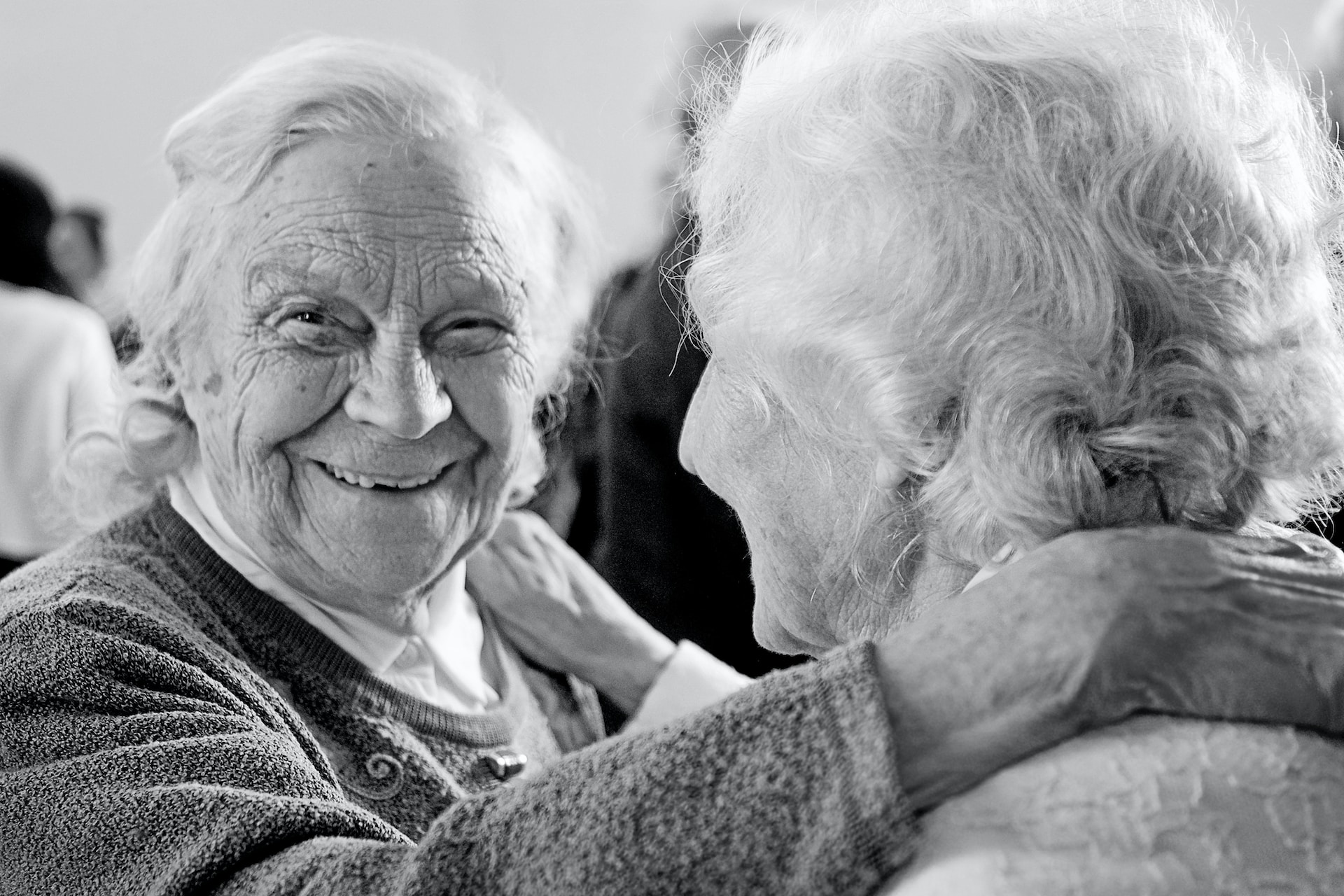What Is Cognitive Behavioral Therapy for ADHD
Cognitive Behavioral Therapy (CBT) for ADHD is a structured, goal-oriented psychotherapy approach focusing on changing negative thought patterns and behaviors associated with Attention-Deficit/Hyperactivity Disorder (ADHD). It helps patients develop strategies to manage ADHD symptoms effectively. Cognitive Behavioral Therapy (CBT) has emerged as a pivotal approach to managing ADHD. This therapy focuses not just on the disorder itself but on the secondary struggles that come with it – like low self-esteem, anxiety, and chronic disorganization. About 3 in 10 children with ADHD had anxiety. So, what is cognitive behavioral therapy for ADHD? In this article, you will discover what cognitive behavioral therapy is and how it is helpful when treating ADHD. What Is Cognitive Behavioral Therapy for ADHD? Cognitive Behavioral Therapy (CBT) for ADHD is a tailored form of therapy specifically designed to address the challenges of Attention-Deficit/Hyperactivity Disorder. Unlike traditional CBT, which addresses a broad range of mental health issues, …





